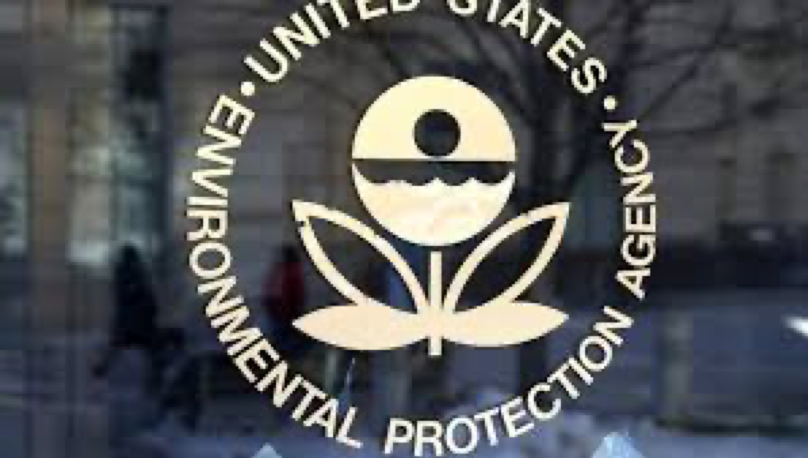By Olivia Clark
Olivia Clark is a 2020 graduate of UNC-Chapel Hill with a B.A. in Reporting Journalism and a first-year law student at the UNC School of Law.
Editor’s Note: Olivia’s paper, “COVID-19 Regulations and Their Effect on the Environment” was highlighted at the UNC School of Law’s Festival of Legal Learning in February 2021. She was recognized as a student contributor during the session: “Now What? Environmental Law, Disaster Law and President Biden’s First Year.”
The Intersection Between Politics, the Pandemic and the Environment
When I was trying to plan what environmental topic to write about last fall, there were two topics that were at the forefront of everybody’s conversations: the pandemic and the presidential election. I became interested in somehow incorporating COVID-19 and the election into one cohesive paper to show the interaction between politics and the pandemic and how both intersect in a way that could have adverse effects on the environment that may last well past both the pandemic and the next presidential election.
I reasoned that, if the pandemic was affecting all other facets of our society and economy, it had to have been affecting our environment, too. Rather than analyzing the immediate effects of the pandemic, I decided to delve deeper into the subject, looking instead at the federal regulations that were enacted specifically in response to the pandemic and how those regulations could have long-term effects on our environment. I then incorporated the election by not only considering the environmental effects of the COVID-19 federal regulations, but also how the then-president-elect may address those regulations to counteract those adverse consequences.
I decided to delve deeper into the subject, looking instead at the federal regulations that were enacted specifically in response to the pandemic and how those regulations could have long-term effects on our environment.
Examining Regulatory Actions
Many of the regulations that are situated on the point of this intersection were made under the 123 emergency powers granted to the president under the declaration of a national emergency. Specifically, most of the discussed regulations were made by President Trump using these powers to sign executive orders that, among other things, suspended environmental reviews, fast-tracked infrastructure projects, disregarded environmental requirements, and finally, potentially allowed these environmental rollbacks to be made permanent.

Furthermore, many of the federal relief programs that the Trump-administration rolled out in direct response to the pandemic had inadvertent effects on the environment by benefitting companies with great carbon footprints. A significant number of big polluters, such as oil and gas companies, were able to benefit from pandemic-induced federal decisions by taking advantage of government programs to buy back bonds, to raise interest deduction caps, to deduct net operating losses against income taxes, to cut royalty payments for oil and gas production on public lands, and more.
The paper is made up of three related parts:
- First, it identifies as a class these and more changes to environmental regulations that were made in response to the COVID-19 pandemic under the order of an economic emergency and the effects that those changes have on the environment.
- Next, the paper explains the nature of those aforementioned regulations and the mechanics of how they are enacted by the federal government.
- Finally, it explores possibilities as to the ways that the Biden administration could address those very policies and regulations upon taking office by looking specifically into the executive orders of President Trump regarding environmental reviews and infrastructure projects, as well as the aid of his relief programs to see both how big polluters have benefitted from COVID-19 relief programs and how they can be prevented from these unfair advantages moving forward.

